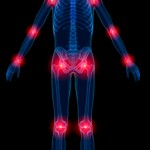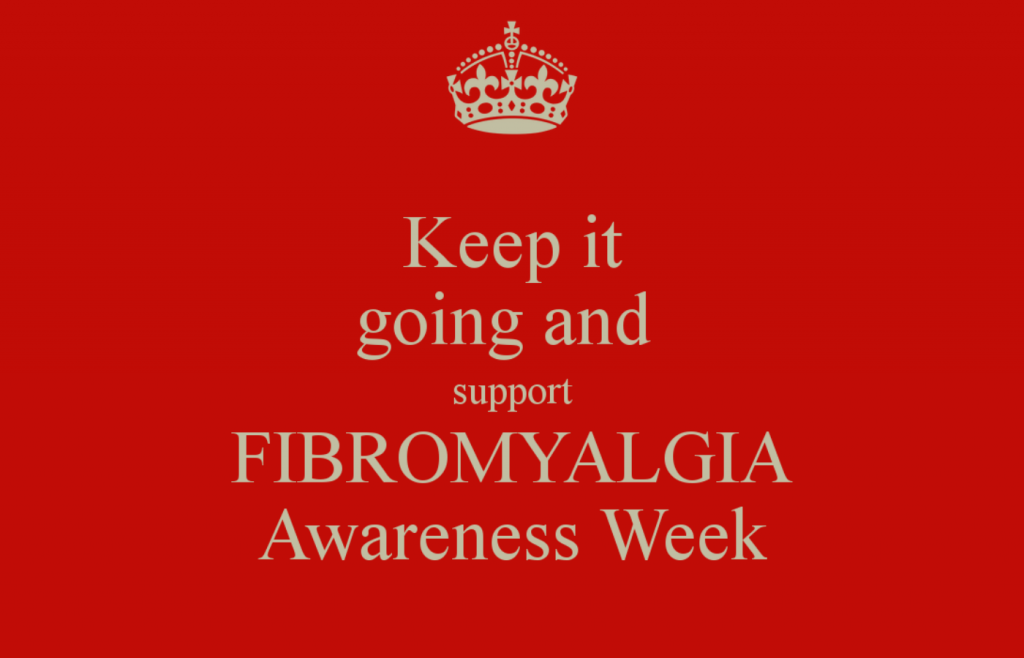
Joint Pain Management – Arthritis
My mother has arthritis. Had it for years. Osteoporosis as well. It’s not too bad she says – but she has been in pain for forty odd years to I think she might be wrong. But then again she is comparing herself with her mother who spend over 50 years battling with RA. My grandmother pretty much could not use her hand in the last decade of her life so perhaps Mum has a point.
A lot of us associate arthritis with getting older so we thought it would be useful to give you a brief guide to the signs and symptoms of arthritis. So forewarned is forearmed.
In fact arthritis covers over 100 different medical conditions such as rheumatoid arthritis, fibromyalgia and gout. Here we focus on osteoarthritis which is the most common and is often referred to as just arthritis. Its social impact cannot be underestimated. In the USA maybe 20,000,000 have some kind of disability relatedto arthritis.
The core feature of arthritis is that it involves inflammation of the joints which as any person with arthritis will tell can be incredibly painful.
- So obviously joint pain is a key indicator
- Also swelling around the joints.
- Joint stiffness
- Fatigue is very common with arthritis of all kinds
If you feel you have any or all of these symptoms it is vital that you see a physician as soon as possible.
We ran a recent blog on arthritis treatments which may prove of interest. You can access it by clicking here https://patienttalk.org/?p=434.
Another part of this blog is to look at how arthritis affects people’s lifestyles. This is where you come in. It would be great if you could share your stories about changes in lifestyle with other readers. You may find it useful to consider the following questions:-
1) At what age did you first notice signs of arthritis?
2) How long did it take you to get diagnosed?
3) How did it affect your life/work balance?
4) What treatments have you used?
5) What single household or other gadget has helped you overcome the challenges presented by arthritis?
6) Is there any advice you would like to share with other readers?
Please think of these as a guide. We are interested in anything you may have to say. Please use the comments section below to add your contribution.
Many thanks in advance.



